Living in an apartment doesn’t necessarily exclude the possibility of having a dog, even a bigger one like a German Shepherd. However, potential owners should weigh the unique needs and characteristics of this breed before making a decision. German Shepherds, known for their intelligence and loyalty, typically require environments that align with their physical and mental demands. For those considering a German Shepherd in an apartment setting, understanding the specific challenges can pave the way for a successful and happy human-dog partnership.
High Energy Levels
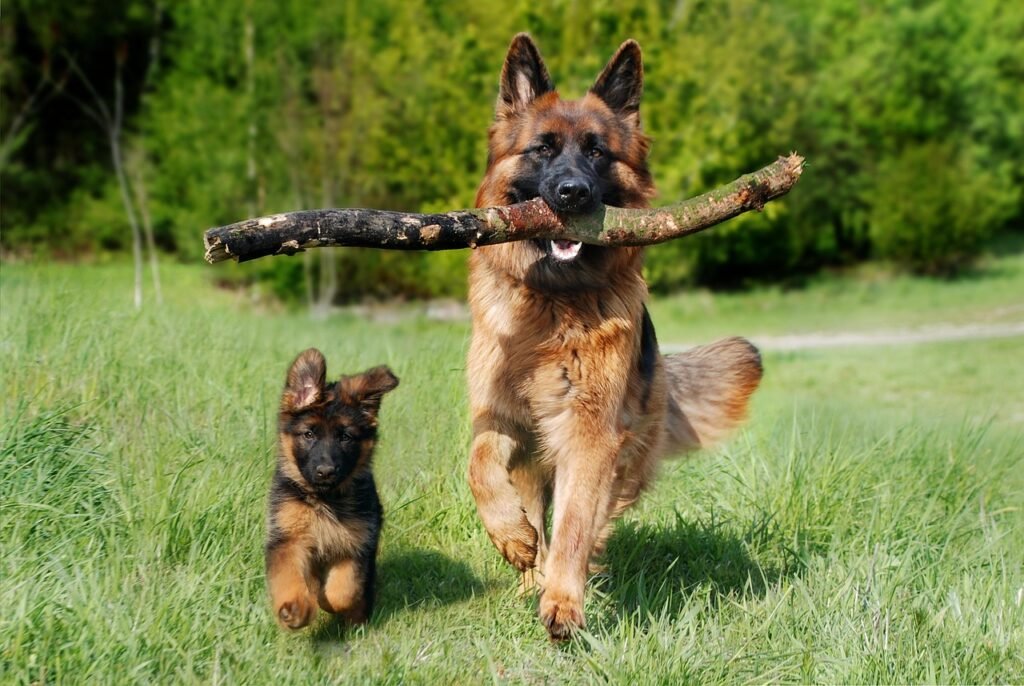
German Shepherds are well-regarded for their boundless energy. Originally bred for herding, these dogs are built to move and work over large distances. If kept in an apartment, without a sufficiently large space to expend that energy, these dogs can become restless. A lack of physical activity can lead to destructive behaviors as the dog looks for ways to channel its pent-up energy. Ensuring they get long walks, trips to the dog park, or other forms of activity is essential to keeping them content.
Need for Mental Stimulation
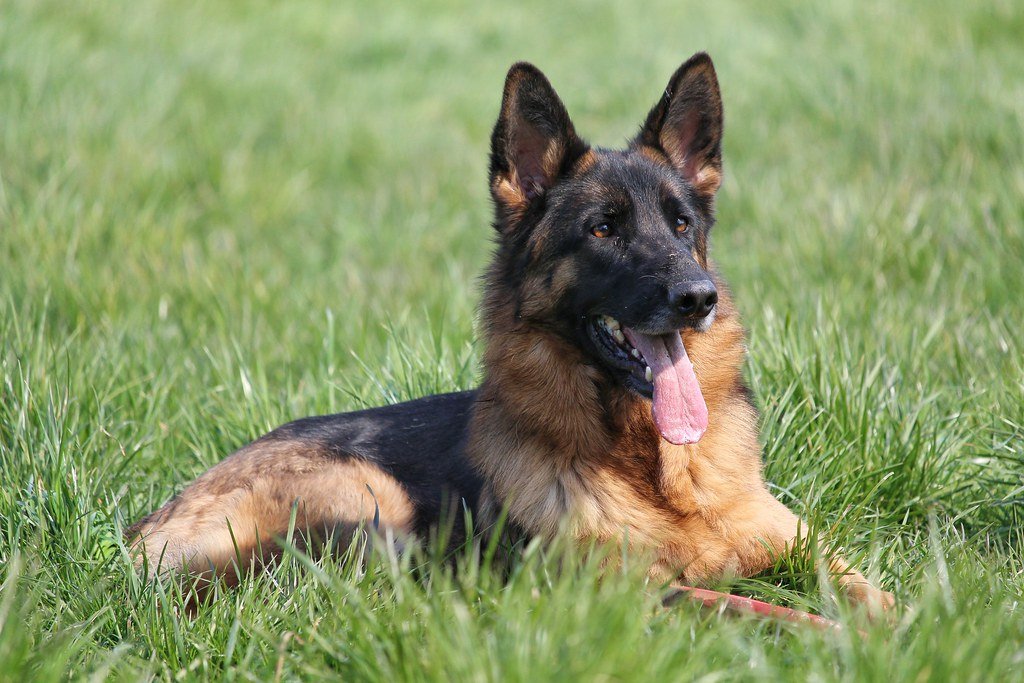
In addition to physical activity, German Shepherds also require ample mental stimulation. They are highly intelligent dogs, known for their problem-solving skills and ability to learn complex tasks. In an apartment, if they are bored, GSDs might become anxious or develop behavioral problems. Providing toys, puzzles, or training sessions can help keep their minds sharp and engaged. When their cognitive needs are met, these dogs are much happier and more settled.
Guarding Instincts

One of the key characteristics of the German Shepherd is its strong guarding instincts. This can make them somewhat vocal when they hear unfamiliar sounds, such as neighbors moving about or doors closing. In an apartment building, where noise is a constant, this can become an issue both for the dog’s stress levels and for neighborly relations. Training and conditioning your dog to ignore everyday building noises can help mitigate this challenge.
Space Requirements
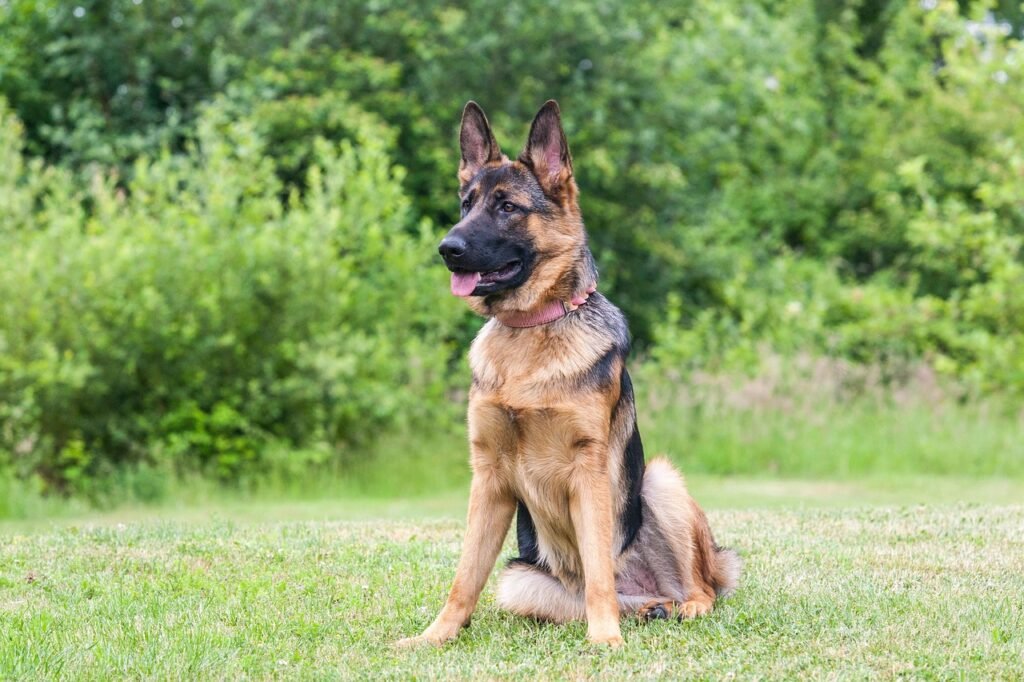
German Shepherds are a large breed, generally weighing between 50 to 90 pounds. Their size alone means they naturally require more space than smaller breeds. In cramped quarters, they may struggle to find comfortable sleeping arrangements or space to move freely. While they are adaptable and can live in smaller spaces with the right care, it’s crucial to create a living environment that feels spacious and not overly restrictive for them.
Social Interaction Needs
German Shepherds thrive on companionship and are often happiest when they are included as members of the family unit. Isolation or prolonged periods alone in an apartment can lead to feelings of anxiety and depression. Regular interaction, playtime, and ensuring they’re part of family activities help them feel secure and emotionally satisfied. Involving them in daily activities ensures they remain mentally and emotionally healthy.
Shedding Challenges

This breed is notorious for its shedding, especially during seasonal changes. Living in an apartment can exacerbate this issue as hair accumulates faster in smaller spaces. Regular grooming and a diligent cleaning routine can help manage the fur, but expect regular vacuuming sessions. Some owners find investing in a good air purifier beneficial for managing the dander and keeping the environment cleaner and more comfortable.
Training and Socialization
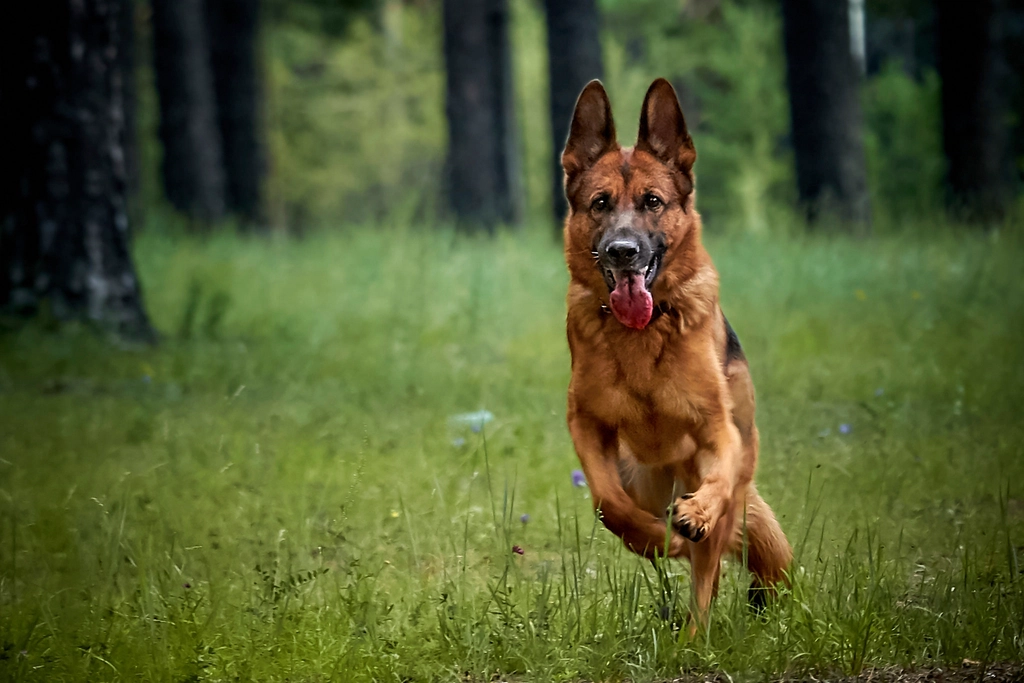
Early training and socialization are crucial for a German Shepherd to grow into a well-adjusted adult. This can be more challenging in an apartment where exposure to various people, animals, and situations might be limited. Ensuring they socialize with other dogs and people can prevent fear-based aggression and other social issues. Training classes, playdates, and regular park visits are all ways to provide necessary social experiences.
Noise Sensitivity

German Shepherds can be quite sensitive to noises, which are plentiful in an apartment complex. Frequent sounds from neighbors, elevators, and street traffic can be unsettling. If a dog becomes too anxious, it might bark excessively. Desensitization training can help in reducing the dog’s anxiety by gradually exposing them to a variety of sounds in a controlled setting, helping them become accustomed to the background noise.
Exercise Necessities
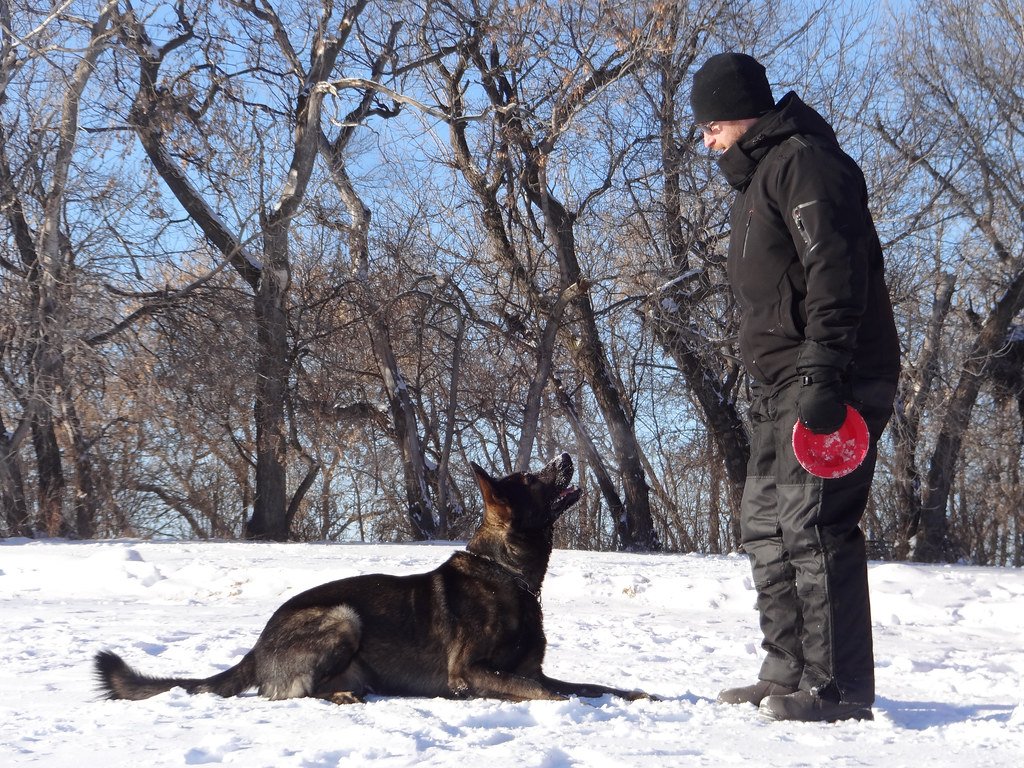
Beyond energy levels, German Shepherds need varied exercise routines to stay healthy and happy. Apartments can limit this variety simply due to space constraints and geographical limitations. Incorporating activities like fetch, agility training, hiking, or even dog sports can provide the diverse physical workout they need. Structured exercise keeps them physically robust and ensures they maintain a balanced and fulfilling daily routine.
Potential for Chewing
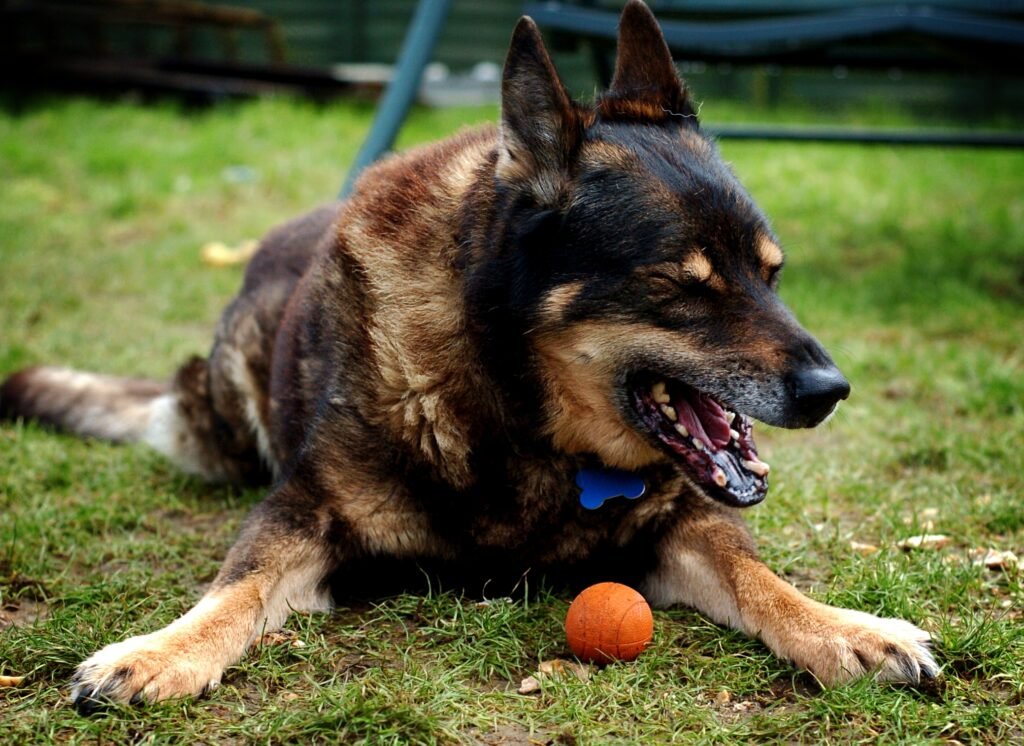
Chewing is a natural behavior for dogs, and especially so for German Shepherd puppies when they’re teething. Without adequate mental and physical stimulation, this tendency can extend into adulthood, which is problematic in an apartment where valuables and furniture are more concentrated. Providing appropriate and safe chew toys helps satisfy their instinctive need to chew and can prevent unwanted destruction of household items.
In conclusion, while living in an apartment may pose some challenges for German Shepherds, it is not an insurmountable obstacle. With careful planning, ample exercise, and mental engagement, as well as mindful consideration of their spatial and social needs, German Shepherds can indeed thrive in apartment settings. Responsible ownership and commitment to their well-being are the keys to ensuring a harmonious living situation for both the dog and its human companions.






